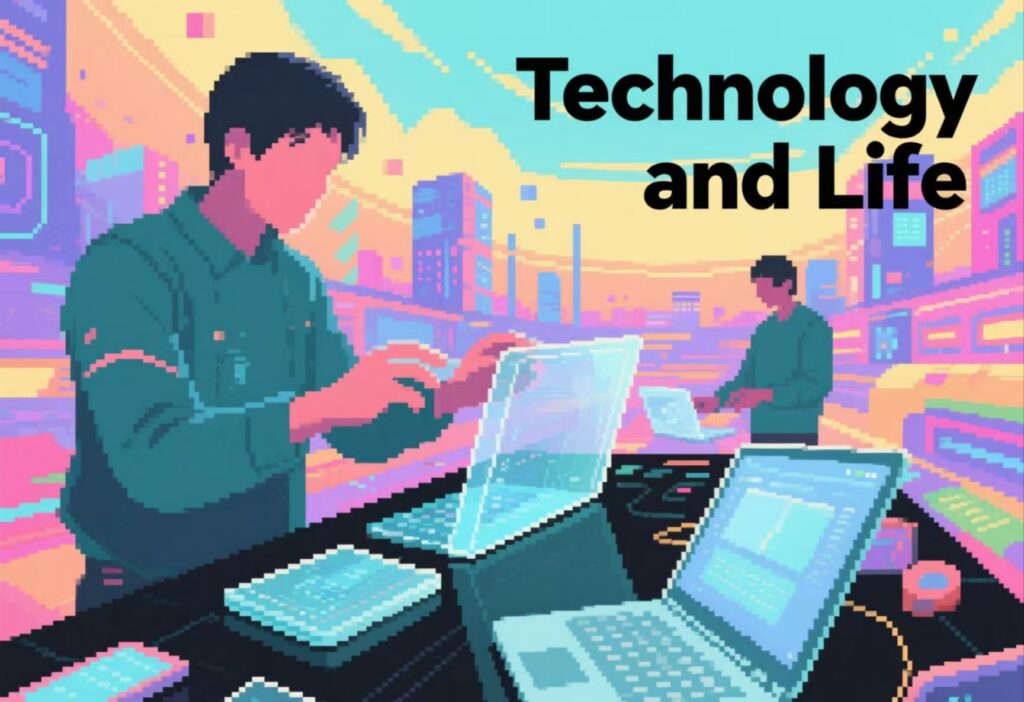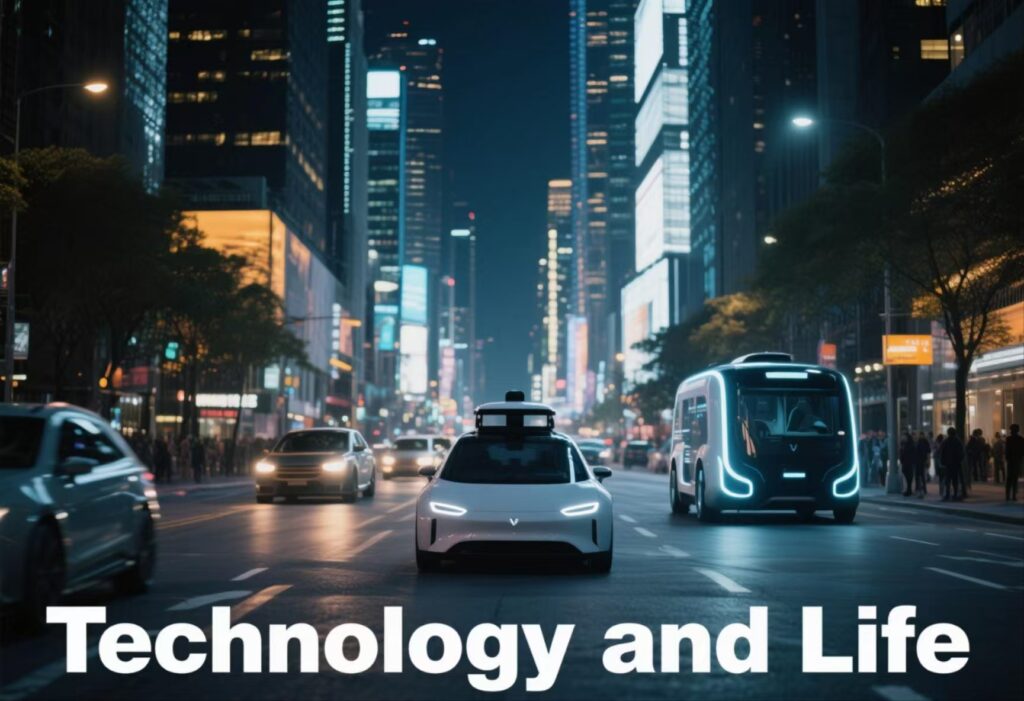Technology has firmly entrenched itself as an indispensable part of modern existence, reshaping our daily routines, social interactions, and the way we perceive the world. It’s not just a tool; it’s a transformative force that continues to redefine what’s possible in every aspect of life.
Technology in Daily Routines
Our daily routines are now heavily intertwined with technology. Take the simple act of commuting. Navigation apps like Google Maps and Waze have replaced paper maps, providing real – time traffic updates, alternative routes, and estimated arrival times. They make our journeys more efficient, reducing stress and saving precious time. In the kitchen, smart appliances are changing the way we cook. Smart ovens can be controlled remotely via a smartphone app, allowing you to preheat the oven on your way home from work or adjust cooking settings without leaving the comfort of your couch. Smart scales not only weigh ingredients accurately but can also sync with recipe apps, suggesting ingredient quantities based on the number of servings you want to prepare.
Transforming Social Interactions
The digital age has revolutionized social interactions. Social media platforms such as Facebook, Instagram, and Twitter have made it easier than ever to connect with friends, family, and people from all over the world. We can share our experiences, photos, and thoughts instantly, bridging the gap of physical distances. Video – calling apps like Skype and FaceTime enable face – to – face conversations with loved ones, whether they’re across the city or on the other side of the globe. However, technology also brings new challenges to social interactions. The prevalence of online communication sometimes leads to a decrease in face – to – face interactions, and issues like cyberbullying and the spread of misinformation have emerged as concerns within the digital social sphere.
Learning in the Digital Era
Education has been significantly impacted by technology. E – learning platforms have made education accessible to people of all ages and backgrounds. Coursera, Udemy, and Khan Academy offer a wide range of courses, from academic subjects to professional skills development. Students can learn at their own pace, access educational materials anytime, and even interact with instructors and fellow learners through online forums. Virtual classrooms use tools like Zoom and Google Classroom to facilitate remote teaching and learning, making it possible for schools and universities to continue operations during challenging times, such as pandemics. Augmented reality and virtual reality are also being incorporated into educational settings, providing immersive learning experiences, like exploring historical sites or dissecting virtual specimens.

Technology and the Future of Work
The nature of work is evolving rapidly due to technological advancements. Automation and artificial intelligence are taking over repetitive and mundane tasks in many industries. For example, in manufacturing, robots are used for assembly line work, increasing precision and productivity. In the financial sector, AI algorithms analyze vast amounts of data for tasks like fraud detection and investment analysis. On the flip side, technology is also creating new job opportunities in fields such as data science, software development, and digital marketing. The concept of the gig economy has thrived, with platforms like Uber, Airbnb, and Upwork allowing people to offer their services on a flexible basis, giving individuals more control over their work – life balance.
The Ethical and Environmental Implications
As technology becomes more ingrained in our lives, we must also consider its ethical and environmental implications. Data privacy has become a major concern, as companies collect and use vast amounts of personal information. Issues like data breaches and the unethical use of personal data raise questions about how we can protect our privacy in the digital age. Additionally, the production and disposal of electronic devices contribute to environmental problems, such as e – waste. Finding sustainable solutions for manufacturing, recycling, and reducing the environmental footprint of technology is crucial for a more sustainable future.
In conclusion, technology is an ever – evolving force that is deeply woven into the fabric of modern life. It offers countless benefits and opportunities but also presents challenges that we need to address. By understanding and harnessing the power of technology while being mindful of its implications, we can continue to shape a future where technology enhances our lives in positive and meaningful ways.
